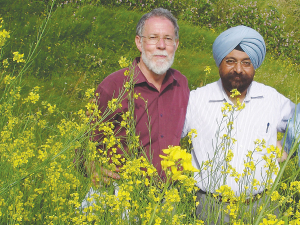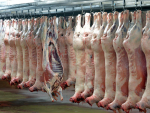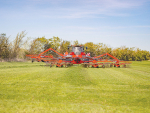A team led by Punjab Agricultural University, India, with researchers from The University of Western Australia, reports a breakthrough in disease resistance in brassica crops.
Brassica is an important genus of plants in the mustard family. Varieties commonly used for food include broccoli, cauliflower, cabbage, turnip and – especially – oilseed crops for producing canola oil and the condiment mustard.
The researchers claim their findings will lead to advances that strengthen crops against attack from Sclerotinia stem rot. This disease is particularly damaging to brassica crops such as canola and mustard, causing major yield losses worldwide.
The study, recently published in the journal Frontiers in Plant Science, describes genetic markers associated with resistance against the Sclerotinia stem rot disease in Brassica juncea (Indian mustard).
Professor Martin Barbetti from the UWA School of Agriculture and Environment and Institute of Agriculture says that managing Sclerotinia stem rot could be achieved by the genetic resistance present within brassica crops.
“Developing crops with greater disease resistance is the only effective avenue for long term, cost effective management of this devastating, worldwide pathogen.
“Our research has opened the way for deployment of the introgressed resistance genes from wild weedy Brassicas into a wide range of high-yielding cultivars, of B. juncea initially and, subsequently, into canola and other crop and horticultural brassica species.”
Barbetti believes this breakthrough has benefits for agriculture in NZ, Australia and India.
“Brassica juncea is the premier oilseed crop of India and has great potential for drier regions in Australia,” he explains. “This research will provide the opportunity to develop disease resistance in other Brassica crops, such as canola, the major oilseed crop in Australia and NZ.”
The study was supported by the Department of Biotechnology, Government of India, the Indian Council of Agricultural Research and The University of Western Australia.











